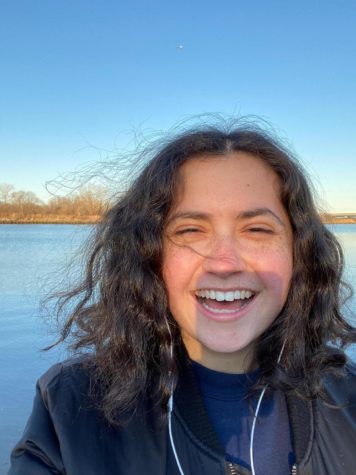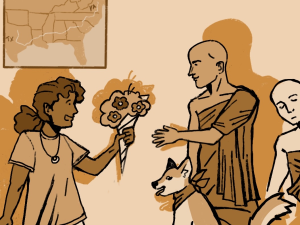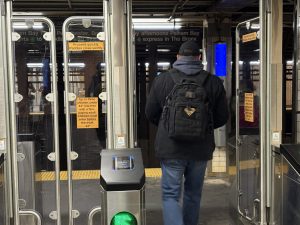Baruch professor gets research grant to study effects of social distancing

CUNY
December 3, 2020
Baruch College psychology professor Steven Young was awarded a grant from the National Science Foundation in early October to research social distancing during the COVID-19 pandemic.
Young, who also teaches at the CUNY Graduate Center, is studying the ways that social distancing impacts people in the way that they live, recreate and work, according to a press release from CUNY Central.
The $150,000 grant was awarded to Young, along with eight Baruch undergraduate research assistants, two graduate students from CUNY’s Basic and Applied Social Psychology doctoral program, his co-collaborator from the University of Southern Mississippi and a graduate student from that school, to use through April 2021.
According to the press release, Young, who has a Ph.D. from the University of Miami, will be studying how well virtual forms of communication — such as texting, calling, social media and Zoom — are at making people feel like they’re still connected to friends and family while self-isolating.
Social distancing and self-isolation are two of the main ways that people can prevent themselves from catching the coronavirus or getting sick in general, but it can make people feel disconnected from their social and familial circles.
Young is essentially looking to study the effects of this and whether electronic forms of socializing are sufficient during this time.
He is also trying to find out how individual people weigh the risk of catching the coronavirus with wanting to see their friends and family.
“Humans have a handful of ‘fundamental’ motives, which are purported to be evolutionary derived needs that support survival and general well-being. Two of these motives are affiliating with other people (i.e., having stable, rewarding, and mutually beneficial relationships with people and groups and avoiding contagious illness,” Young was quoted as saying by the press release.
“Affiliation motives make us approach people and want close contact. Disease avoidance motives make us want to avoid people and socially isolate. As a result, under most circumstances satisfying one of these needs comes at the expense of the other. This can have real consequences,” he added.
There’s a downside to leaning extremely into affiliation, he explained, and disease avoidance.
A person who decides that they value being social more than avoiding getting sick may go out places, see friends and family and potentially spread the coronavirus without even intending to.
Conversely, a person who throws themselves into disease avoidance and completely isolates themselves may suffer from loneliness, sadness or anxiety.
This is one main part of what Young and his co-collaborators intend to research with the grant that they were provided with, but they also want to figure out if virtual forms of social interaction adequately substitute for in-person interaction.
“We expect that the more people are able to virtually socialize, the less often they will engage in risky social behaviors like attending large, in-person gatherings,” the press release quoted Young as saying. “But, we expect this to be influenced by things like age, social media consumption, quality of internet connections, living in rural vs. urban environments, etc. because these factors likely change.”
After their research, Young and his team plan to publish at least two research papers describing their findings.







